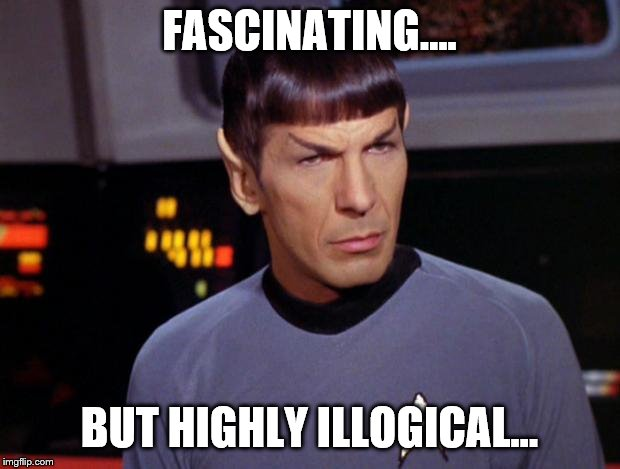Replies: 5 comments 19 replies
-
|
Surely rose glasses have infected your brain. The Chinese own and run Chia since day one last year [2020] when the funded the project, or I should say 'rescued' chia [ a floundering going no where project lost since 2017 ], the deal is this. The Chinese billionaires ( same guy who funded the ukraine bitcoin-gold, aka bch ) wanted 1.) IOU's ran by chinese exchanges they sent the price to $1600 usd, pre main-net, the west had nothing to do with chia price, pre mainnet launch 5may2021 7.) The HDD companys all Asian based like WD, Samsung, ... all were working since last year [2020] on this deal, that like GPU's the HDD's to go 10x in price, in the west we would call this 'collusion', in asia its business as normal 8.) The western gimps, hairlips, and believers get zip, zilch nada chia. They aren't even bag-holders, they're empty bag holders,and then they're told to re-plot. The world has never seen a bigger pool of lemmings. That's the deal, now you adjust your polly-anna wishes to reality. |
Beta Was this translation helpful? Give feedback.
-
|
a better way to Incentivizing small farmers is to get on the IPO bus. We need to be united to fight for our right to be part of this IPO deal! We make the network space, and we deserve part of the pie!!! |
Beta Was this translation helpful? Give feedback.
-
|
If Chia actually wanted to decentralize they would just reduce rewards based on farm size. They clearly dont care about decentralization. |
Beta Was this translation helpful? Give feedback.
-
|
"This small farmer incentive system" would make the Chia Company act like an authority. It's more like a welfare than decentralization, IMHO. |
Beta Was this translation helpful? Give feedback.
-
|
What did you think? It is the same Ponzi scheme as all crypto "currencies" |
Beta Was this translation helpful? Give feedback.

Uh oh!
There was an error while loading. Please reload this page.
Uh oh!
There was an error while loading. Please reload this page.
-
No good deed goes unpunished. I propose herein a good-deed anti-punishment strategy for Chia.
As originally envisioned, Chia's Proof of Space and Time architecture had the potential to democratize the blockchain validation process by utilizing idle memory capacity spread over a large number of computer systems. This not only had a David-vs-(Bitcoin)-Goliath vibe, it offered buy-in and participation by a huge audience of users, who in turn would evangelize the new crypto currency and encourage the invention of applications using its Chialisp programming language.
But Chia's launch was too successful: The price of a Chia coin skyrocketed, which in turn offered potential riches to large Chia farmers. Those riches turned out to be illusory. The Chia network grew so fast that only enormous quantities of hard drive space gave farmers any hope of winning Chia coins and then of keeping up with the overall network expansion rate.
The little guys with one or several terabytes of spare hard drive memory have essentially no chance of successfully farming Chia coins. They might as well buy lottery tickets; their odds of winning are similar. That has created a backlash among early adopters who would otherwise be Chia's strongest supporters.
Farming rewards are set at 3,363,840 coins per year for the first three years, which have a total annual value of over $1.5 billion at current market rates. The Chia company has a pre-farm strategic reserve of 21 million coins. I propose that the Chia company separately incentivize small farmers using its strategic reserve. A possible scheme would be as follows:
Any farmer could voluntarily register identifying information (name, address, email, wallet address) with the Chia company, along with a computer model and serial number, and ID information for up to ten plots (about one terabyte) which are being farmed by that computer.
The farmer would run a utility program which would report to the Chia company the amount of time each of the plots was spending farming.
The farmer's combined farming time for that limited set of plots, taken as a percentage of the combined farming time of all small farmers, would be that farmer's probability of winning an award.
The Chia company would contribute some number of coins (e.g., up to half a million per year out of its strategic reserve) to reward small farmers.
At periodic intervals (e.g., daily) the Chia company would randomly select winners using the above probabilities, and distribute fractional coin rewards (e.g., one-tenth coins) to some set number of winners. This would be independent of a farmer's chance of winning Chia coins in the normal manner.
This small farmer incentive system would remain at the total discretion of the Chia company, which could cut off any farmers who were suspected of gaming the system.
Small farmers could all expect to receive occasional (typically several months?), albeit small, rewards. Those rewards would not be large enough to encourage widespread cheating (e.g., buying multiple computers and registering them under fake names). But the rewards would be sufficient to incentivize many personal computer owners to create between one and ten plots (depending upon their available memory) and farm them as background tasks.
The end result would be a large, supportive user base with a heightened interest in using their coins and Chialisp applications. This broader base would produce a more robust Chia eco-system and likely push up the value of Chia coins, resulting in an increase in the value of the company's remaining strategic reserve to more than compensate for the reward expenditures. It would also show that the company was pro-actively attempting to mitigate Chia's impact on the SSD and hard drive supply chains. Implementing this proposal (or some variant) would be well worth it from a PR perspective alone.
Daniel Wiener
Beta Was this translation helpful? Give feedback.
All reactions